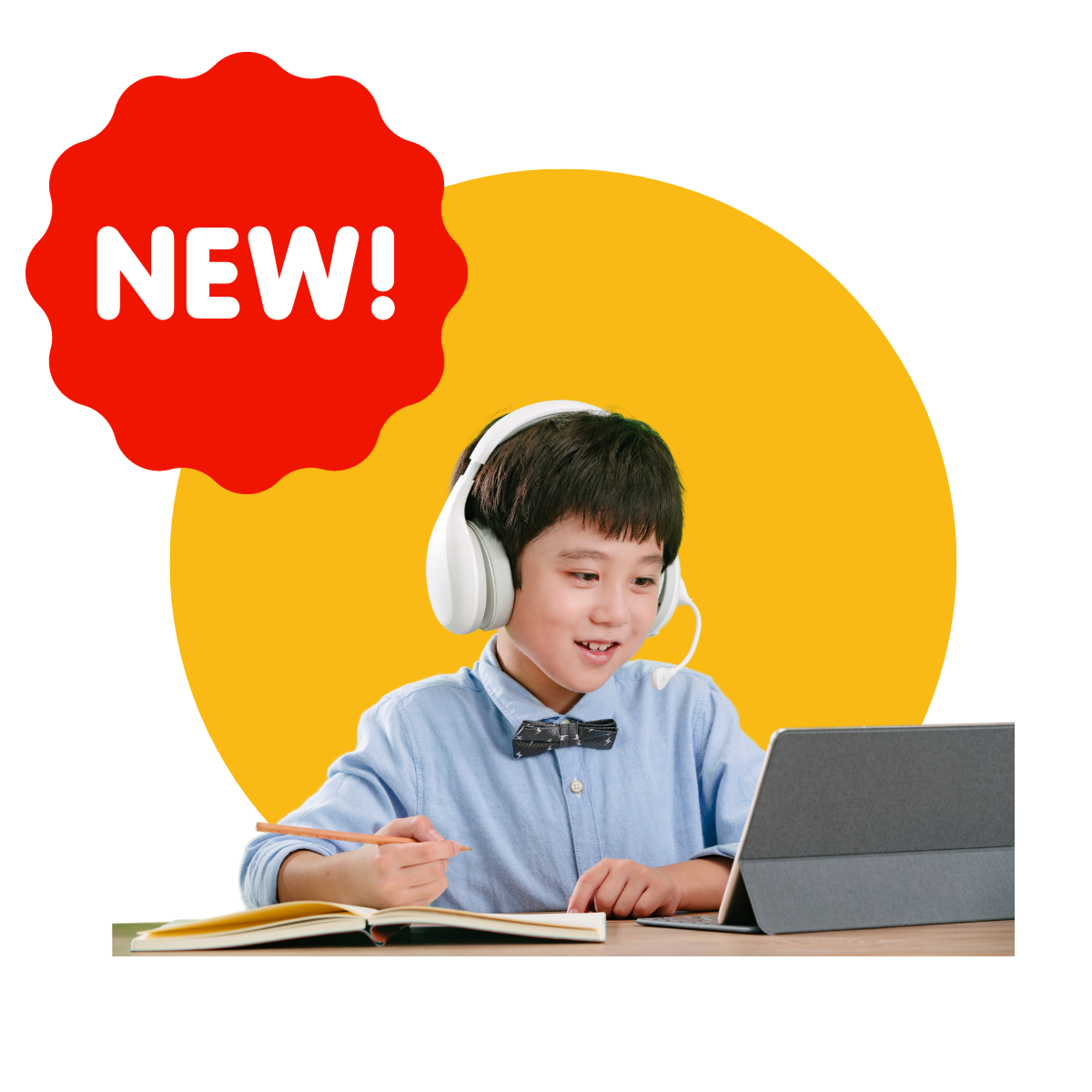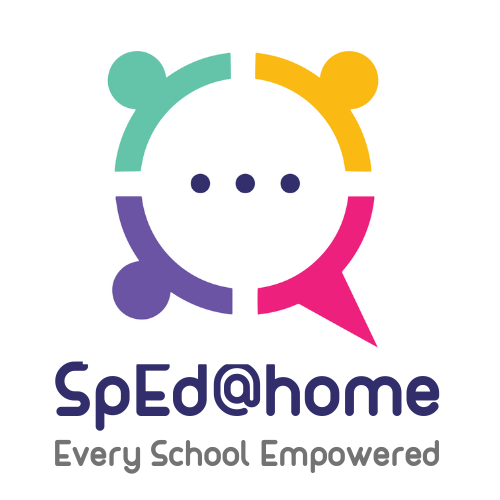Good handwriting is achievable!
Good handwriting is a way of clear communication. It is also a creative expression. Handwriting is an essential skill in school and college, however, the need to hand-write diminishes as you grow out of these phases. Then it is only needed to sign the bottom of pages. Even though, we may see it as a secondary skill, having a good command over handwriting can prove life long benefits. It is always better to start as early as possible. Improving handwriting can be done with help of tools under the guidance of experts.
1. Stimulates Brain Activity
Children need brain and mind exercises as much as they need physical exertion. With books being replaced by screen, there’s hardy any scribbling, it is only tapping and clicking. Typing is convenience, however, writing by hand is way more stimulating to the brain. Writing involves use of more complex motor and cognitive skills compared. Good and legible handwriting also contributes to reading fluency. This is because it helps activate visual perception of letters, directly effecting a child’s self-esteem and confidence especially during younger years.
2. Decreases Learning Obstruction
Children often face difficulties in distinguishing between letters. This leads to a learning obstruction while reading and writing. Your child may also feel uncomfortable and disjointed when writing due to similar looking letters. To tackle this, one must develop cursive writing. This technique will helps your child identify letters as the writing style makes every letter unique. Each letter flows and joints with the next and it activated motor skills of the child. This helps decrease dyslexic tendencies in children and make them more confident in their abilities.
3. An important part of standardised assessments:
Schooling is all about writing, may it be books, journals, or exams. There is less typing and most of the grades depends on writing skills. Especially during time-limited written examination, children struggle to meet ends. These situations needs your child be fast with the writing but also legible. If they do not have a legible handwriting along with decent writing speed, they are bound to miss out on many learning opportunities. This may also result in under-achievement and may cause them to fall behind.
4. Boosts Confidence
Writing is a personal expression. It exhibits the creative quotient of a child, it is a part of their identity and expression. Even though the use of technology is increasing, having a good writing script is paramount during school age. Having a good script can trigger a boost in self-esteem which directly develops confidence. Children who develop their handwriting skills, improve their brain functioning allowing them to achieve more.
5. Improves Grades
There is always extra marks for good handwriting. A good legible handwriting not only helps the child but also helps the teacher understand the child better, especially during written exams. Turning in work with illegible writing causes pupils to achieve lower marks, even if the written content may be good. Without fast and legible handwriting, students may miss out on learning opportunities and under-achieve academically, especially due to the current curriculum that most of the schools follow.
Bonus points!
6. Makes better writers
Might be hard to believe but handwriting is a critical component of written creativity. A good handwriting script affects both the fluency and quality of the written composition. When trained to write legibly with good speed without conscious effort the child produces a superb level of composition and content. Children who have mastered good handwriting are better and more creative writers.
7. Aids quicker understanding and comprehension
Taking written notes has proven to increase attention span and a better understanding of the topic being discussed. And note-taking is an art. Handwritten notes are vital for everyone of all ages because it improves attention, comprehension, and results. And the notes must be legible enough for the self to understand and revisit it, otherwise, they are worthless. With good handwriting, children are motivated to take their own notes making them better at the subjects they are learning.
Have you ever encountered a child with difficulty in talking, reading, remembering or perhaps even learning new words? These can be signs and symptoms of Dyslexia.
Dyslexia in children or even in adults has been taboo, landing persons with Dyslexia in a place of discomfort and low self-esteem. It is important to understand that, Dyslexia is a neurological issue and not a character flaw.
Seeing your child grapple with Dyslexia can be heartbreaking. Parents walk miles advocating about their child’s conditions only to experience cold shoulders. Compassion is what they need, and a kind gesture from acquaintances can make a difference to them. Before understanding anything about parenting children with Dyslexia, it is important to understand what it is like being in the shoes of a child dealing with Dyslexia.
They have to work twice as hard as to stay in line with their peers
For kids dealing with Dyslexia; even simple tasks like reading, writing, and spelling can seem like a rope walk. Completing their homework can take twice as much time as it would a child without the issue. Parents have to constantly keep their child motivated and help them look at the brighter side.
They often feel different or sometimes inferior to their peers
Peer pressure is unavoidable. Even as they attempt to constantly keep up with the pace of their friends and peers, they often feel isolated. The constant realization of not doing things as per set standards and pace often weighs them down.
They experience self-doubt and low self-esteem
Can you imagine the feeling of not keeping up or being different from your peers? The emotional trauma that comes with disability is challenging. Parents can continuously uplift their children and motivate and help them do better.
They often also deal with teachers who have not trained to work with Dyslexia
Dealing with teachers who have no knowledge of Dyslexia can be frustrating for the child. When teachers don’t understand or acknowledge the child’s learning pace, education can be frustrating. Parents can talk to the teachers and educate them about their child’s situation. Parents and teachers working together can make a remarkable difference to ease difficulties of a child with Dyslexia.
They look to confide in someone for support
Every human being needs support. For children with Dyslexia, it can be a parent or a friend; a teacher or even a counselor. This will help them vent out their feelings, and feel heard and understood. Lastly, They eventually grow up to be brave and compassionate.
Overcoming their shortcomings and difficulties enables them to walk an extra mile to get things done in life. They eventually learn to put their best foot forward without having any fear of judgement or not keeping up. Self-acceptance also teaches compassion, not only towards the specially-abled but also towards people who don’t understand or care for their situation.
Dyslexia does not define your child.









